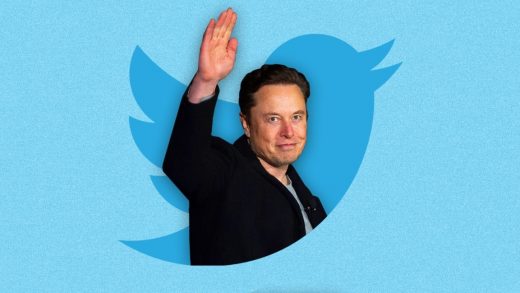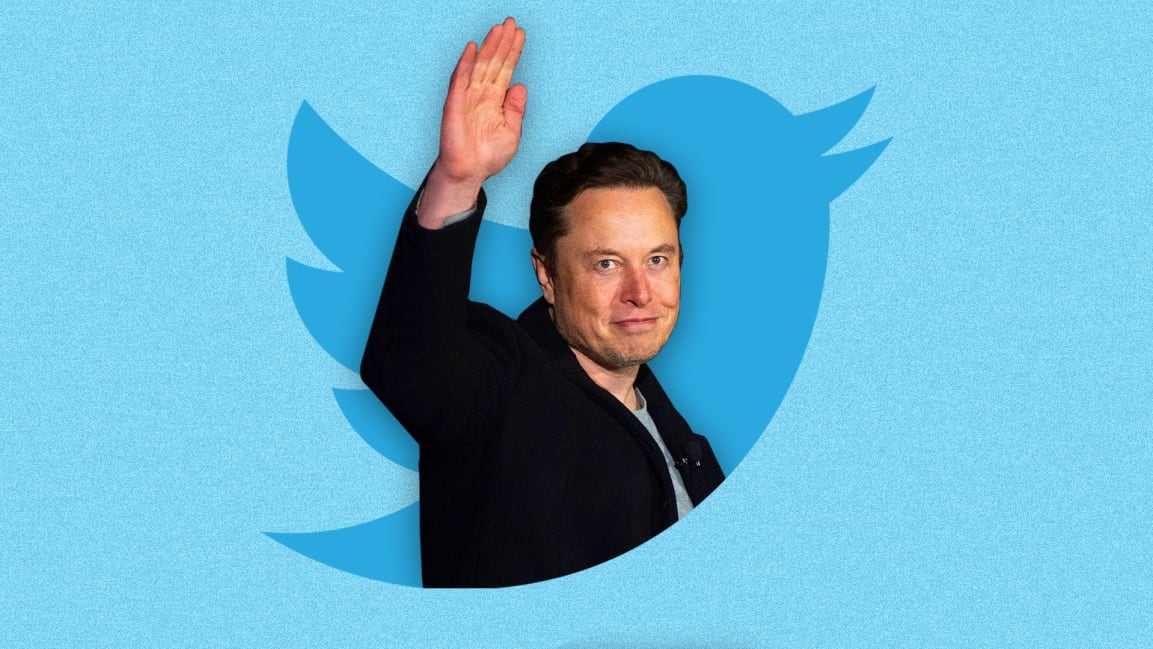This Is What Elon Musk Did the Day He Bought Twitter. It’s an Amazing Lesson in Productivity
Monday was just another day at the office for Elon Musk. Well, almost.
Sure, there was the deal he closed to purchase Twitter for $44 billion cash. But before that, the world’s richest man met with Indonesia’s minister for investment at the Tesla Gigafactory in Austin to discuss battery supply chain.
And later that evening, at 10 p.m., Musk met with engineers–where he spent more than an hour working on rocket engine “valve leak solutions” at the SpaceX Starbase in Boca Chica, Texas, according to Walter Isaacson, the famed author currently working on Musk’s biography.
“No one mentioned Twitter,” Isaacson said on, what else, Twitter. “He can multitask.”
I share Isaacson’s sentiment: It’s fascinating Musk can work not only on multiple projects, but spearheading multiple companies, all in the same day. But what Musk is doing isn’t really multitasking; it’s something completely different–and understanding that difference is a key to unlocking your own productivity.
Musk is engaging a simple practice that he’s followed for several years. I like to call it the rule of focus.
Let’s break down exactly how the rule of focus works, and how you can apply it to your own work.
(If you find value in the “rule of focus,” you might be interested in my full emotional intelligence course — which includes 20 more rules that help you manage your emotions and be more productive. Check out the full course here.)
Not multitasking, not task-switching. Pure focus
True multitasking, simultaneously performing two tasks at the same time, is pretty challenging. It can be done with lots of practice when it comes to relatively simple tasks. (For example, consider a professional basketball player who practices a drill of dribbling a ball with one hand and simultaneously throwing and catching a tennis ball with another hand.)
In contrast, most of what we think of as multitasking is actually “task-switching,” rapidly switching from one task to another, and back again. But task-switching comes with a heavy price.
“The ability to switch tasks is thought to require extensive high-level cognitive processing,” states the Encyclopedia of Neuroscience. “The behavioral outcome of this processing is a robust switch cost–slower and more error-prone performance when switching tasks than when repeating tasks.”
In other words, more task-switching equals more mistakes–and lower-quality decision making.
But when Musk works for his various companies, he’s not really multitasking nor is he task-switching. Rather, he’s focusing on one thing at a time.
In the past, Musk has stated that he generally tried to split his week between companies by day, working for SpaceX one day and Tesla another, for example. But Musk has also indicated that he changes his schedule depending on current needs and projects, and it’s no surprise that as time has gone on–and Musk has now purchased another multibillion-dollar company–that he would work on multiple companies in a single day.
Nonetheless, let’s go back to four key words from Isaacson, referencing that late-night meeting working on rocket engines:
“No one mentioned Twitter.”
This shows that, while Musk may work on various problems and for more than one of his companies per day, he concentrates on one thing at a time. That’s important, because it allows Musk to focus his considerable intellect on a single topic, instead of multitasking or task-switching.
Imagine, for example, that during his meeting with SpaceX engineers, Musk was taking calls about Twitter. Not only would that reduce the quality of his own work and concentration, it would drive everyone else in the room crazy, too. In contrast, by keeping meetings, project work, and major tasks separate, Musk makes the most of his time and brainpower, aiding his ability to think critically and solve problems.
This is just one reason why Musk is able to do what he does, namely, make valuable contributions to multiple companies dealing with complex subject matter.
For example, consider what Garrett Reisman had to say. A former astronaut and engineer who worked for years with Musk at SpaceX, Reisman was astonished at Musk’s ability to help solve complicated problems.
“I mean, I’ve met a lot of super, super smart people,” said Reisman in an interview. “But they’re usually super, super smart on one thing. And [Musk is] able to have conversations with our top engineers about the software and the most arcane aspects of that. And then he’ll turn to our manufacturing engineers and have discussions about some really esoteric welding process for some crazy alloy.”
Reisman continued, “He’ll just go back and forth, and his ability to do that across all the different technologies that go into rockets and cars and everything else he does–that’s what really impresses me.”
So, what can you learn from it all?
To be clear, as much as I respect Musk’s work ethic, I don’t recommend working as many hours as he does, or even holding late-night meetings. But we can take a valuable lesson from how Musk carries out his work.
You’re likely trying to balance multiple responsibilities, including running a business, balancing clients, and even separating time for work, family, and self.
The key is to keep these separated and follow the “rule of focus”: Concentrate on one thing at a time.
So, whether you’re
- Emailing
- Brainstorming
- Meeting
- Creating
- Solving problems
- Thinking critically
- Spending time with your family
- Taking time for yourself
Shut out all outside distractions. Be present. Focus all of your attention and intellect on the people or task at hand.
Doing so will allow you to not only be more places and get more done, but to also increase the quality of what you get done.
And that’s productivity at its best.
This article was originally published on Inc., and is reprinted here with permission.
Justin Bariso is an author, speaker, and consultant who helps organizations and individuals develop their emotional intelligence.
Fast Company , Read Full Story
(28)



